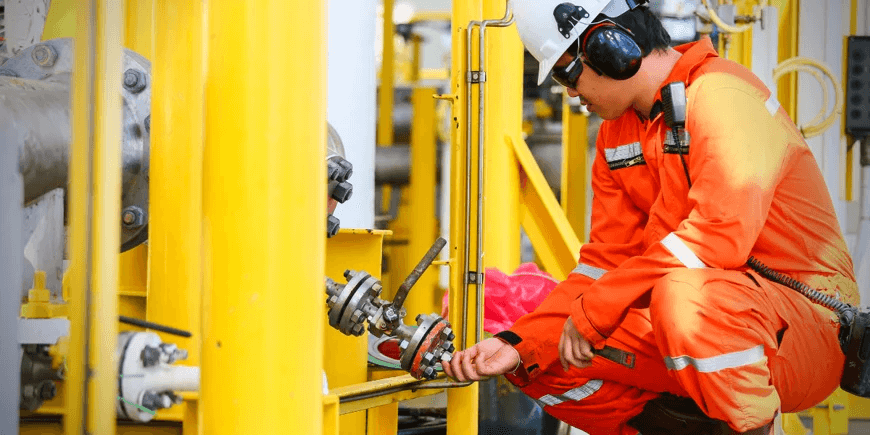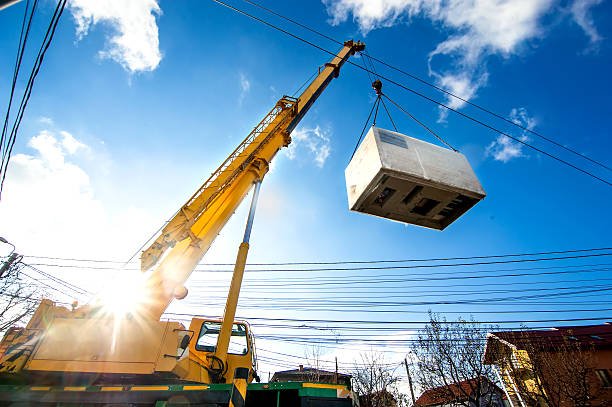Troubleshooting for Oil & Gas Operators and Technicians One Day USD: 150/- and Two Day USD: 250/- Per Pax
Description
1. Introduction to Troubleshooting in Oil & Gas Operations
-
Importance of systematic troubleshooting in operations
-
Common challenges faced by field technicians
-
Role of troubleshooting in operational efficiency
2. Fundamentals of Process Operations
-
Understanding process flow diagrams (PFDs) and P&IDs
-
Key process parameters and their interdependence
-
Identifying normal vs. abnormal process conditions
3. Common Operational Problems
-
Flow, temperature, and pressure-related issues
-
Equipment malfunction and performance degradation
-
System imbalance and product quality deviations
4. Root Cause Analysis (RCA)
-
5 Whys and Fishbone Diagram approach
-
Fault Tree Analysis for complex systems
-
Steps for identifying and eliminating recurring issues
5. Instrumentation & Control Troubleshooting
-
Signal errors and sensor malfunctions
-
Calibration, drift, and control loop problems
-
Using control system data for fault diagnosis
6. Mechanical Equipment Troubleshooting
-
Pumps, compressors, and valve issues
-
Vibration, noise, and seal leakage detection
-
Preventing mechanical failures through monitoring
7. Electrical System Troubleshooting
-
Motor and circuit failures
-
Control panel and power distribution checks
-
Insulation testing and fault isolation procedures
8. Process Upsets and Abnormal Situations
-
Identifying symptoms of process deviations
-
Corrective measures to stabilize operations
-
Emergency response and shutdown protocols
9. Safety in Troubleshooting Activities
-
Lockout/tagout (LOTO) procedures
-
Working under pressure and isolation safety
-
Preventing incidents during repair and testing
10. Documentation and Reporting
-
Recording faults, repairs, and corrective actions
-
Maintenance logs and communication standards
-
Tracking trends for reliability improvement
11. Preventive & Predictive Maintenance
-
Condition monitoring and data-based maintenance
-
Reliability-centered maintenance (RCM) concepts
-
Integrating troubleshooting insights into maintenance planning
12. Case Studies and Practical Exercises
-
Real-world troubleshooting scenarios
-
Group analysis and root cause identification
-
Lessons learned and best practice sharing






